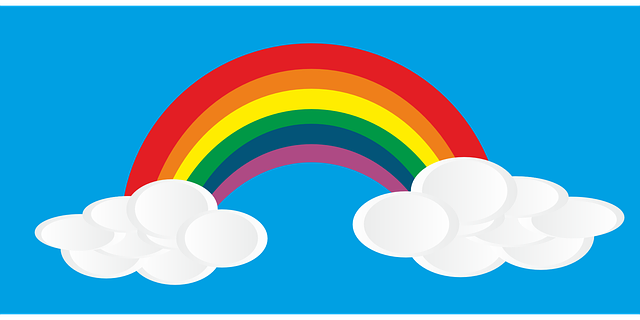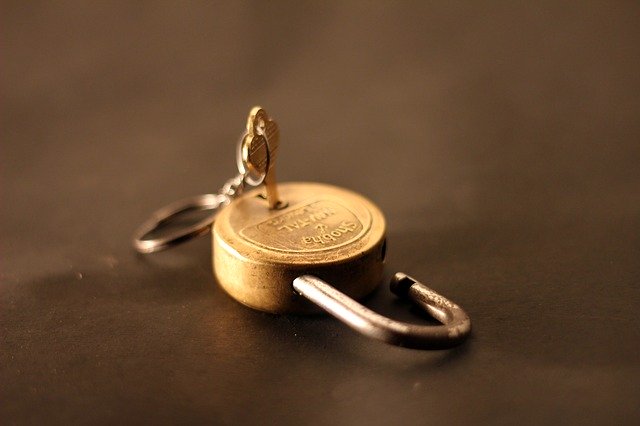This week is Anti-Bullying Week. With reports of bullying increasing, and the dominance of cyberbullying being so concerning, we explain what children and parents can do. The message this year is that small changes make a big difference.
In 2016, research by the Anti-Bullying Alliance showed that 1 in 4 children aged 7-15 reported being bullied. A Public Health England Report in 2017 showed that 1 in 5 11-15 year olds in England had experienced cyberbullying in the last two months. This is reflected in the counselling room when the young people we work with talk about it. It can be happening currently or as part of their history, still being affected by it many years on. It is often one element of a story that has taught them that they’re not worthy, or their feelings don’t matter.
Bullying is traumatic and has lasting consequences.
The ones we see most frequently are:
• Low confidence
• Low self-esteem
• Anxiety
• Depression
• Isolation
• Loneliness
• Eating disorders
• Self-harm
• Suicidal thoughts
The effects become part of a person’s belief system such as ‘I’m not good enough’, ‘I’m worthless’, ‘I’m not ok’. They are then left with the task of trying to re-build themselves. So what can you do?
Parents
As a parent you may notice changes in your child. They may become withdrawn, aggressive, sad, or change their eating and sleeping patterns. The most important things you can do are:
• Listen, reassure and support – find out what is actually happening
• Talk with them about boundaries – what is and isn’t acceptable
• Try to encourage their confidence and self-esteem
• Empower them to have their say in what happens
• Speak to school/college staff or other professionals where appropriate
• Always model kindness and respect
Young people
If you are getting bullied, it is not OK. Nobody deserves to be treated that way. Remember:
• It is not your fault
• Don’t retaliate – there is a chance you could get into trouble. You are better than that.
• Be with people who make you feel good.
• Be kind to yourself.
• Tell someone what is happening and how you are feeling. Carrying the burden will cause more problems in the long term.
The Anti-Bullying Alliance is running a campaign to help young people who are experiencing cyberbullying.
Stop – Take time out before getting involved. Don’t share or like any negative comments.
Speak – Ask an adult or friend that you can trust for advice. Use the report button on the social platform it is happening on.
Support – Send the person being bullied a supportive message to show them they are not alone.
If you feel you need extra support, here are some resources:
• ChildLine: Whenever and wherever you need them, they’ll be there. Call 0800 1111. They have a designated page for bullying issues that includes a new video about building up your confidence after bullying.
• Direct Gov: Information for young people on cyberbullying, bullying on social networks, Internet and email bullying, bullying on mobile phones, bullying at school, what to do about bullying, and information and advice for people who are bullying others and want to stop.
• EACH : EACH has a freephone helpline for children experiencing homophobic, biphobic or transphobic bullying or harassment: 0808 1000 143. It’s open Monday to Friday 10am-5pm.
Websites
The websites below have lots of information and advice for anyone who has experienced bullying.
• The Child Exploitation and Online Protection Centre (CEOP) maintains a website for children and young people, and parents and carers about staying safe online: Think U Know
• Kidscape: information for young people
By making small changes, reaching out and speaking out, we can make a big difference, making it clear that bullying is not acceptable.



